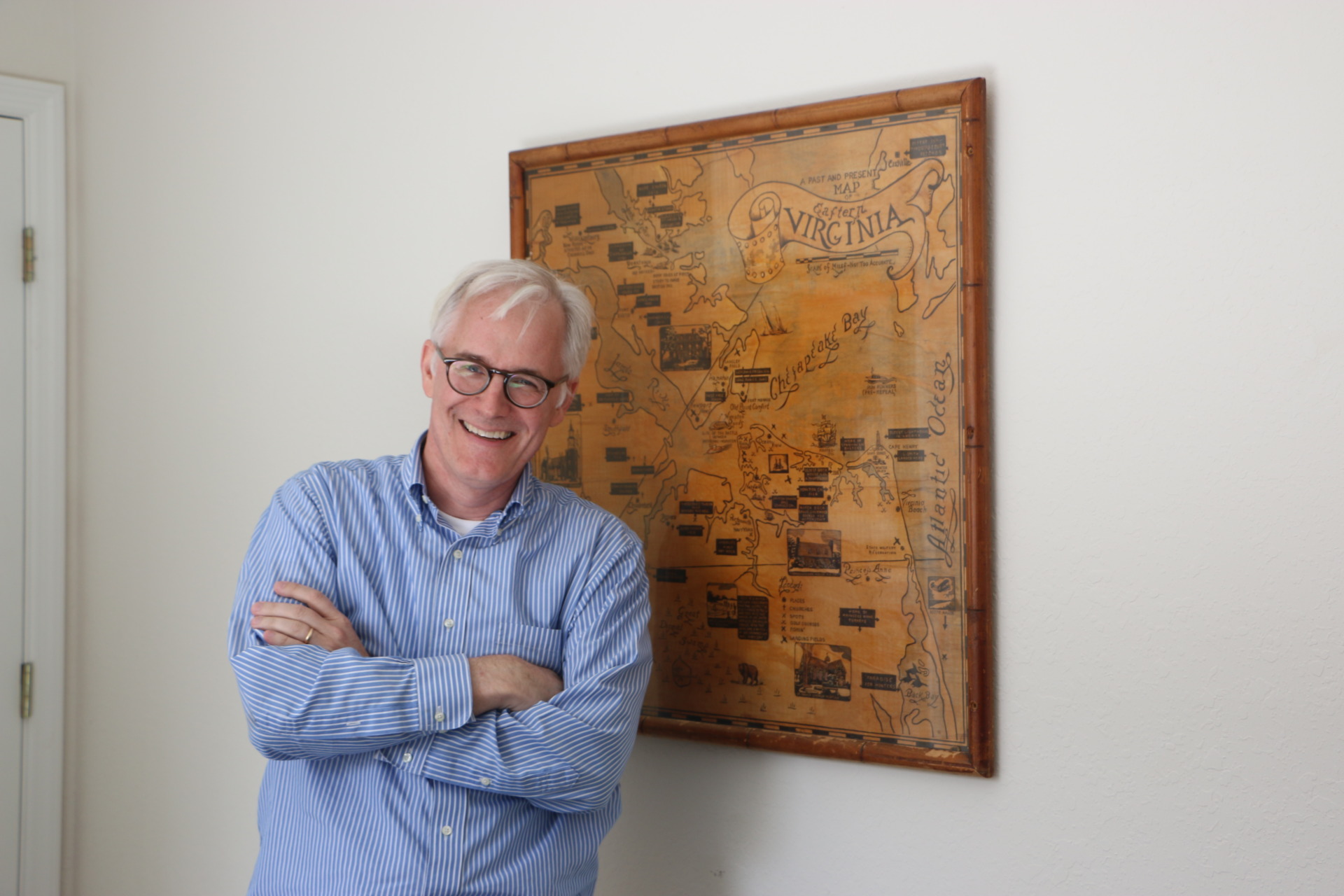LAKE BUENA VISTA, FLORIDA – “Who owns the data?”
That was the big question for Facebook sales executive Tom Arrix on Feb. 23 while he was on stage at the Interactive Advertising Bureau’s Annual Meeting in Orlando.
The “data” they were referring to was the user content collected by Facebook during the Barack Obama campaign. But the question was larger than that.
Arrix was asked the question by John Battelle, chairman and CEO of San Francisco-based blog aggregator Federated Media. Battelle was leading an on-stage industry panel on social media and the Obama election with Arrix, vice president of sales for Facebook; Andrew Mitchell, vice president of interactive marketing for CNN.com and Robert Shepardson, founding partner of SS + K, the agency that placed social media for the Obama campaign. (Shepardson also ran campaigns for Lance Armstrong, Bono and Delta.)
Battelle’s question came in the wake of the recent fracas over Facebook’s terms of service. The issue centered on Facebook’s claims to information that users post on the site. While the issue seems to have died down, many marketers are still nervous about the issue, particularly the branded companies that are now using Facebook as a platform for advertising and marketing consumer products. The data issue becomes even more complicated during political campaigns, where voters voluntarily give up massive information about their preferences.
Arrix was pressed again on the question by Battelle. He finally said, sort of kidding (it was hard to tell), “For Facebook, Obama owns it.”
The panel agreed that the issue would not be sorted out there.
Both Facebook and CNN (NYSE: TWX) worked to leverage the campaign up to the moment of the inauguration. It did not come cheaply. Mitchell said that CNN made a massive buy of bandwidth in order to accommodate 1.3 million live streams of the inauguration. This first time buy was in order to make sure that viewers “stuck in their offices” could see the event.
“Did you make any money?” Battelle asked? Mitchell said it was more taking advantage of opportunities around events, and spreading the word that CNN offers streaming video. It makes sense. Through the decades, TV news organizations have used elections and other newsworthy events to help win new eyeballs.
“It may be a loss leader for us,” admitted Mitchell.
Battelle also asked CNN whether they could be nimble, compared to new start ups. “Nimble a large media conglomerate is not,” said Battelle.
Mitchell said that CNN, which had success with YouTube.com debates, had been given enormous latitude to try new things. It is even expected to occasionally fail. Mitchell said one of the worst moments during coverage of the campaign was when a custom built software application “fell flat on its face.” At the last minute, his team had to ask the anchors not to mention the promotion as they had crashed the server.







